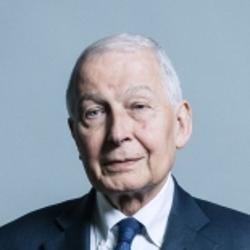Health Services: Older People
(asked on 2nd February 2015) - View SourceQuestion to the Department of Health and Social Care:
To ask the Secretary of State for Health, how many (a) doctors, (b) nurses, (c) social workers and (d) psychiatrists (i) trained or (ii) graduated with specialist skills in elderly care since 2005.
There are now 9,500 full-time equivalent (FTE) more doctors and over 6,300 FTE more nurses, midwives and health visitors working in the National Health Service than in May 2010.
The Government has mandated Health Education England (HEE) to provide national leadership on education, training and workforce development in the NHS. This mandate includes a commitment that, working with professional bodies, HEE will review the content of pre-registration nurse education and undergraduate medical education to seek to ensure all new nurses and doctors have the right skills to work with older people, with a focus on dementia.
The content and standard of medical training is the responsibility of the General Medical Council, which is an independent statutory body. It has the general function of promoting high standards of education and co-ordinating all stages of education to ensure that medical students and newly qualified doctors are equipped with the knowledge, skills and attitudes essential for professional practice.
Similarly, the Nursing and Midwifery Council sets standards for nursing and midwifery education and training.
The qualifying course for social workers is generic meaning that when students graduate they are able to work in any setting. Specialisation would take place post-qualification.

